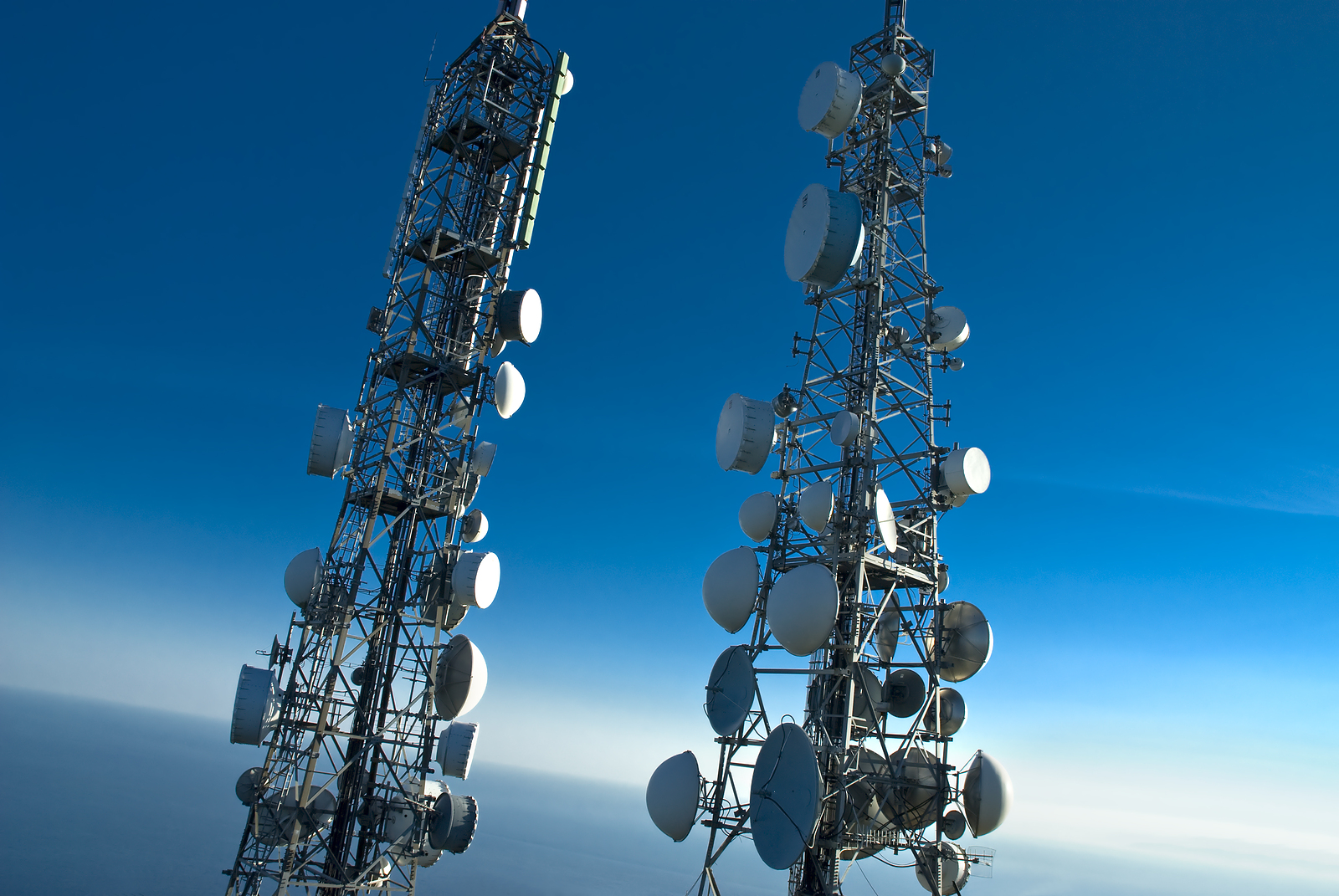Despite the growth in mobile and internet subscriptions in the country, a wide gap still exist with communities of unserved and underserved begging for connectivity. Getting the fund to bridge this widely acknowledged gap has, however, become a subject of debate in the industry. Sam Akindele reports.
As at June this year, Nigeria’s mobile subscriptions stood at 173.7 million, at the same time, subscription for internet over the four mobile networks rose to 122.2 million. Despite the staggering figures, some 40 million Nigerians are still unconnected, thus creating a wide gap digital gap between the connected and unconnected.
To bridge this gap, a former Minister of Communications in the country, Dr Omobola Johnson, declared recently that Nigeria would need huge funding, which the private operators may not be able to provide as they did initially. According to her, as at 2015, a study carried out by her Ministry showed that the country would need $14 billion to bridge ICT infrastructure gap. She noted that the gaps are wider now with the emergence of 4G and 5G technologies, meaning that the country would need far more than the projected amount to develop ICT infrastructure.
To that end, telecoms executives who gathered in Lagos recently at a forum said the time has come for the government to intervene in funding infrastructure in the sector. According to them, government’s intervention became imperative in the face of dwindling foreign investments in the sector and the difficulty in securing loans from commercial banks.
They noted that the country may not progress beyond the current state, if there is no government intervention, adding that funds required to bridge infrastructure gap in the country are beyond the capacity of private investors.
Speaking at the forum, Chief Operating Officer of Broadbased Communications, Chidi Ibisi, noted that the Central Bank of Nigeria (CBN) currently has several intervention funds on single digit interest rate for critical sectors of the economy that contribute to creation of jobs, but there is none for the ICT sector. “ICT impacts every single sector, we are enablers to the achievement of MDGs. NCC should help us to make presentations to the CBN to extend intervention funds to ICT. We are talking about 70 per cent broadband penetration as the next target; that is not going to happen because there is no money to deploy the infrastructure. We are getting loans from banks at 22 per cent interest rate in a sector that requires low interest rate for development,” Ibisi said.
Corroborating this, the Chief Executive Officer, Pan African Towers Limited, Mr Wole Abu, said aside the CBN intervention, the government should also come up with policy that will encourage pension managers to invest in the ICT sector. He added that the government would also need to address current challenge of power and security. “If there is constant power supply, we can invest the billions of naira we are spending on powering generators on more infrastructure,” he said.
While the call for a direct intervention from the government may not be out of place, the government still has a lot to do in creating the enabling the enabling environment that will attract investors from all over the world. The fact that the investments that foreign funds were once pouring into the sector and are now ceasing means that certain things in the environment are discouraging investors and must be addressed.
































